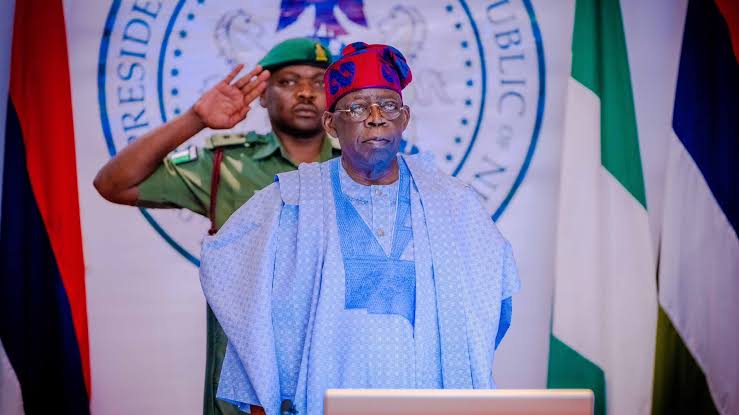FG Warns Labour: Higher Minimum Wage Could Harm Economy, Lead to Mass Retrenchment

The Federal Government on Wednesday admonished organised Labour to consider the broader economic implications of its push for an unrealistic higher national minimum wage.
The Minister of Information and National Orientation, Mohammed Idris, who handed down the admonition, hinted that the N250,000 minimum wage demanded by labour could undermine the economy, lead to mass retrenchment of workers and jeopardise the welfare of Nigerians.
However, the labour unions refuted President Bola Tinubu’s claims during his Democracy Day broadcast on Wednesday that an agreement had been reached on the new national minimum wage.

Acting President of the Nigeria Labour Congress, Prince Adewale Adeyanju, said as of the time negotiations ended on June 7, no agreement had been reached by the Tripartite Committee on the National Minimum Wage.
Adeyanju is acting on behalf of the NLC president, Joe Ajaero, who is attending an International Labour Organisation conference in Geneva, Switzerland.
Tinubu drew the ire of the unions after stating that his administration would soon submit an executive bill to the National Assembly to codify the agreements reached in the minimum wage negotiations between Labour, the private sector, the states and the Federal Government.
The parties had engaged in prolonged talks for weeks with the unions insisting on N250,000 minimum wage while the Federal Government and the Organised Private Sector offered N62,000.
However, the state governors said they would not be able to sustain any minimum wage higher than N60,000.
Dismissing the offers made by the Federal Government and the OPS, the labour unions said they would not negotiate what they described as ‘starvation wage.’






